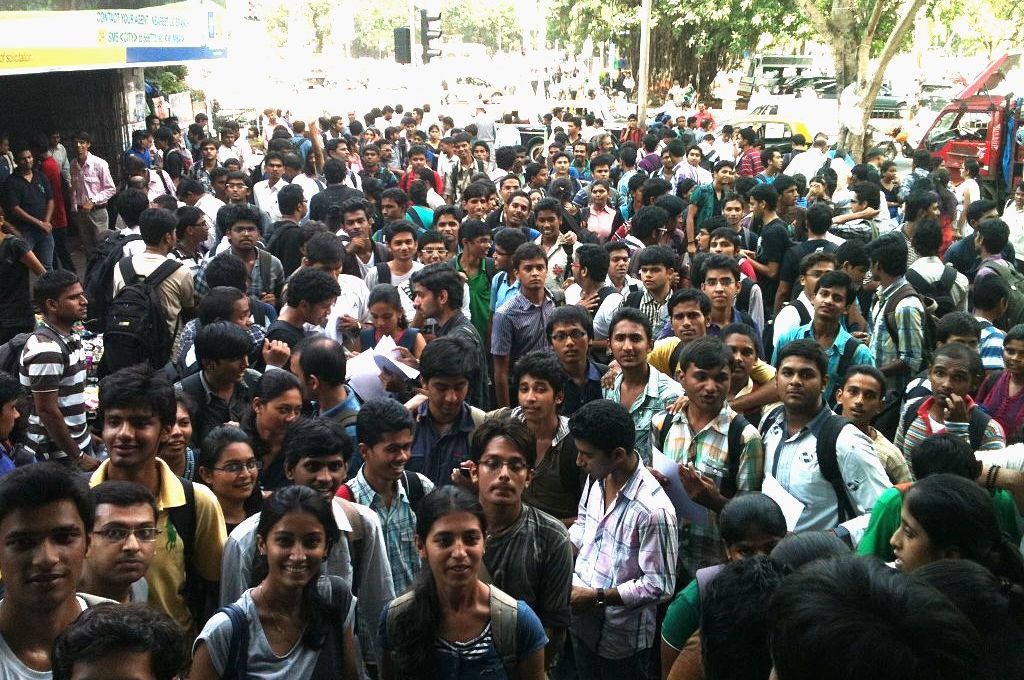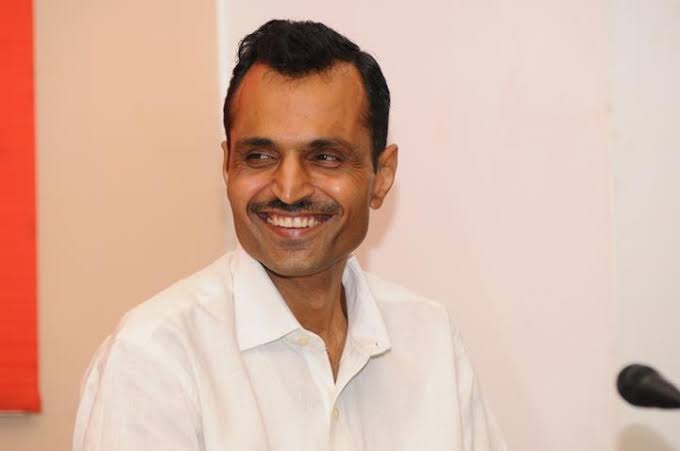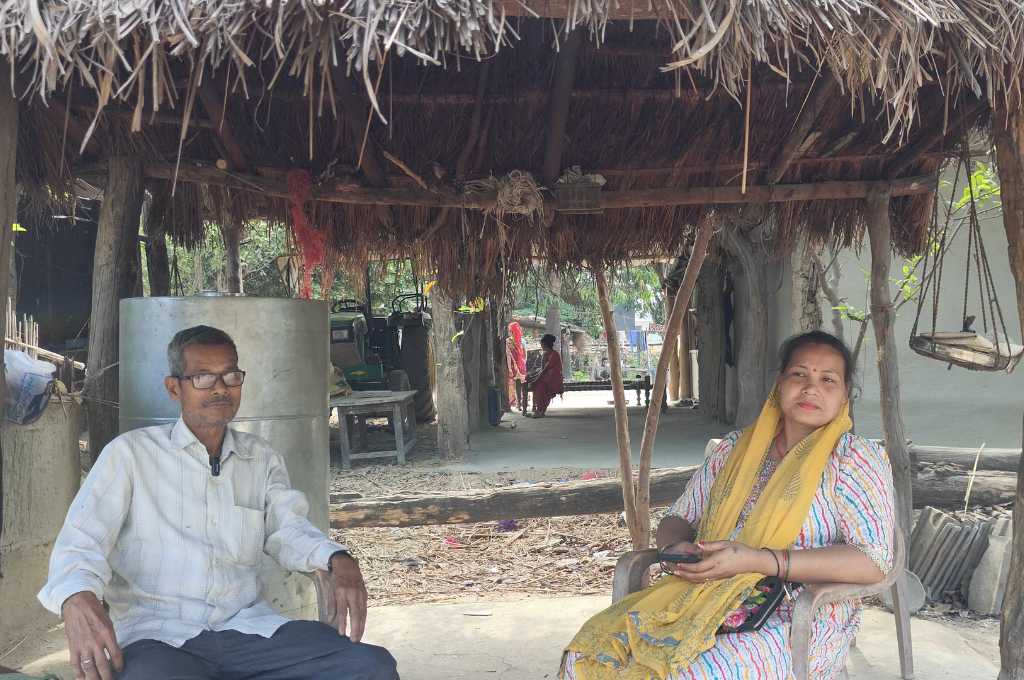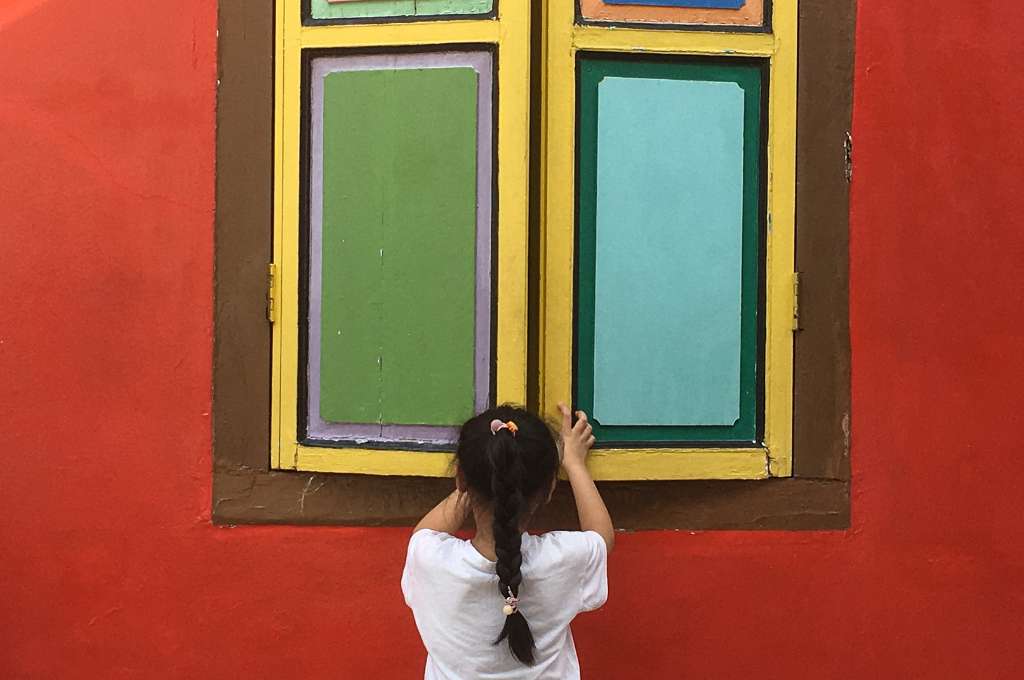India is facing a job crisis. In November 2022, the unemployment rate in the country rose to 8 percent—the highest in three months. According to a statistical profile on unemployment in India from May–August 2022, unemployment among 20–24-year-olds is at a staggering 43.36 percent—the highest ever in 45 years. Given the saturation of traditional job markets, the focus of policy-makers has shifted from skilling to building entrepreneurs. This is evident from the launch of several government schemes such as the Pradhan Mantri MUDRA Yojana (PMMY), the Credit Guarantee Fund Trust for Micro and Small Enterprises (CGTMSE), and the credit support scheme by the National Small Industries Corporation (NSIC) to provide access to capital and encourage entrepreneurship. Corporates, on their part, have been providing seed money, skills, market linkages, and incubation ecosystems through their CSR arms.
On the surface, the conditions for entrepreneurship are ripe. Yet, there are very few entrepreneurs in India.
Abundance of talent but fear of failure among youth
The Global Entrepreneurship Monitor (GEM) Report 2020-21 highlighted the abundance of entrepreneurial talent in India, with approximately 81 percent of youth reporting having the skills and knowledge needed to start a business. However, many lacked a risk-taking attitude—a critical aspect of entrepreneurship—with 56 percent of young people stating that they feared failure. This, coupled with familial concerns about the financial uncertainties around starting one’s business and societal expectations about what steady careers look like, have contributed to greater hesitation among the youth and pushed them to opt for jobs. In 2020–21, the anxieties caused by the pandemic only worsened the situation, with only 20 percent of young people stating that they intended to take up entrepreneurship—a sharp decline from the 33 percent in 2019–20.
This is probably why, despite the media narrative around India having a large number of start-ups, only 5 percent of the Indian population are entrepreneurs—a number that is among the lowest in the world. In comparison, 23 percent of the population in the US, 17 percent in Brazil, and 8 percent in China are entrepreneurs.
Lack of exposure and agency
In ComMutiny’s extensive field experience with youth over the past 28 years, we have found that the shifts in access to information have caused a significant change in their outlook. They are more knowledgeable, aware, and engaged. If in the early 2000s, one out of 10 young people was ready to try out active citizenship, today we find four or five of them eager to put social concerns in their list of top priorities.
However, what hasn’t changed as much are the kinds of exposure and real-life situations they have access to. In fact, with our work, we have seen that the quality and quantity of opportunities for on-ground experiences that help build key life capacities, and help young people realise their full potential, have declined due to safety concerns. As the GEM report points out, young people’s ability to take risks has come down over the years due to the fear created by the news around violence and the lack of physical and digital safety. As a result, their families hesitate to send them out to gain on-ground experience. Hence, the agency of young people still remains low and not commensurate with what is needed to take decisions.

How can we increase the uptake of entrepreneurship from the ground up?
If we expect young people to avail of the many government schemes on entrepreneurship, we must start by recognising that in our hierarchical and patriarchal societal structures, they are denied many foundational rights. These rights allow for access to intergenerational spaces in which the young can have agency, take important decisions, and reach their own potential even as they make change in the world. Not having these rights leads to low capacities and low appetite for entrepreneurship and risk-taking.
Within our youth-centric development ecosystem, consisting of 143 organisations, we conducted a survey where three major youth duties and rights were highlighted by the members:
- Young people should have a seat at every decision-making table, be it at the level of the family, schools, colleges, workplaces, panchayats, legislative assemblies, Parliament, or other societal platforms. As of now, only 13 percent of the ministers in Parliament are below the age of 40, and the average age of cabinet members is 60 years. We propose this average to be brought down to 55 years, and 35 percent of all assemblies and panchayats should consist of young people. The top leadership in all corporate organisations should subscribe to a similar structure. In families, we suggest all decisions that affect a young person significantly, even if they are not directly about them, to be taken with their involvement. Education spaces, too, must include 35 percent of youth in their top decision-making bodies.
- Youth also need to be provided with spaces for refl-action—when reflection precedes and succeeds action—where they can take up shared leadership of their communities by setting up social businesses or enterprises (social entrepreneurs working on social development issues such as poverty alleviation and gender equality), where they are allowed to fail and learn from their own and others’ mistakes. Government and corporate funding for spaces that allow for refl-action is necessary. These funders must also focus on growing the entrepreneurial capacity of the youth wherein they develop a risk-taking appetite and the resilience to deal with failure.
- Young people should have another foundational right: to ask ‘disruptive’ questions about the prevailing order without fear of retribution. Freedom of speech and expression of dissent need to be tolerated by authorities, including families and schools, much more than now. This encourages young people to think differently, think out of the box, and ultimately disrupt the status quo.
Experiences that build young people’s agency and leadership capacities have to become a part of mainstream policies for the youth. At the same time, adults need to amend their roles vis-a-vis young people and become facilitators of these experiences. Because entrepreneurs are not born—they are made.
—
Know more
- Learn more about creating nurturing spaces for young people.
- Read more about the future of employment for young people in India.
- Read this article on the relevance and scope of youth entreprenuers
Do more
- Connect with the vartaLeap Coalition to assess how your organisation’s programmes and policies can be made more youth-centric.





